Download the PDF e-book “Exploring the Origin of Three Teachings and Nine Streams” edited by Yin Yongqing and Wanjie. What is the “Three Religions and Nine Streams”? As a cultural concept, the Three Religions and Nine Streams have different concepts in different historical periods. Let us follow the footsteps of history to remove its mysterious veil and let it be revealed in a true and objective way. in front of readers. “Three Religions” and “Nine Streams”
Download PDF e-book “Exploring the Origin of Three Teachings and Nine Streams” edited by Yin Yongqing and Wanjie.
Preface
What is “Three Religions and Nine Streams”? As a cultural concept, the Three Religions and Nine Streams have different concepts in different historical periods. It is truly and objectively displayed in front of readers. “Three Religions” and “Nine Streams” were originally two concepts. The times of appearance are also different. It was Ban Gu in the Han Dynasty who first proposed the term “Three Religions”. He said: “There are mistakes in the three righteousness, so the three religions are set up to refer to each other.” (Ban Gu’s “Baihu Tong”) But the three religions mentioned here refer to the loyalty of the Xia Dynasty, the respect of the Shang Dynasty, and the teaching of the Zhou Dynasty. , It is completely different from the combination of the three religions handed down by later generations. Before the Han Dynasty, Confucianism and Taoism flourished. Afterwards, Buddhism spread eastward, and then became Confucianism, Taoism, and Buddhism. Li Yanshou of the Tang Dynasty said: “Confucianism is the first, Taoism is second. , Buddhism is the last. “(“Northern History)) These three religions are actually the most popular religions in China. In the Song Dynasty, Master Fa Yunpu of Jingde Temple in Suzhou wrote “Translation Name Collection” in seven volumes, which said: “Master Wu asked the three religions “, Shangshu ordered Kan Ze to tell the sun: “Confucius and Laozi set up teachings, and the laws of heaven governed them. They dare not violate the heavens. The Buddha’s teachings are followed by the heavens. “Further clarify that the “three religions” refer to Confucianism, Taoism, and Buddhism. Because these three religions represent the religious beliefs of most regions and people in China, they have had a huge influence on the history of Chinese thought, and they have been ruling the common people and even the people for thousands of years. The spiritual kingdom of princes and ministers. Later, some people collectively referred to all forms of sectarian beliefs as “three religions”, and classified the full-time missionary personnel of each sect as figures of the three religions. These people who take missionary as their profession do not make a living by production. Some people are deficient in character and morality, which causes the society to gradually derogate such people. Some novels from the Tang and Song Dynasties, especially the novels from the Ming and Qing Dynasties, have exposed, satirized and ridiculed the characters of the Three Religions , such as Feng Menglong’s “Three Words”, Ling Caochu’s “Er Pai”, Lanling Xiaoxiaosheng’s “Jin Ping Mei”, and Cao Xueqin’s “Dream of Red Mansions”, all of them portrayed some typical characters of the Three Religions in the book. However, the earlier “Nine Streams” was not a concept in the current sense, it originally referred to various academic schools that appeared in the cultural circles of China during the Spring and Autumn Period. Ban Gu’s “Hanshu·Yiwenzhi” divides academics at that time into nine schools, namely Confucianism, Taoism, Yin-Yang School, Legalism, Famous School, Mohist School, Strategist School, Miscellaneous School, and Farm School. “Liu” refers to genres, and “Nine” describes its many and covers everything. “Nine Liu” actually includes all academic schools. . Until the Tang Dynasty, the Tang people wrote “The Preface to the Biography of Guliang in the Spring and Autumn Period”. Put “nine streams” and “heresy” side by side. In addition, since the Tang and Song Dynasties, the urban society developed and the occupations in the cities were diversified. In addition to the traditional occupations such as agriculture, various miscellaneous industries emerged. People with good deeds divide Jiuliu into “upper Jiuliu” and “lower Jiuliu”. The upper nine streams refer to: masters, doctors, painters, Fengshui masters, divination, monks, and Taoists. The lower class refers to: prostitutes, actors, witches, musicians, leading pigs, shaving masters, servants, masseurs, and earthworkers. If readers observe carefully, they can see that most of these nine streams are social service industries. In the future, some people will also include carpenters, blacksmiths, carvers, Jia, drug workers, postmen, matchmakers, chefs, pawnshop owners, etc. into the nine streams. Within the stream, even all industries that are difficult to classify are classified into the “nine streams”.
Some screenshots
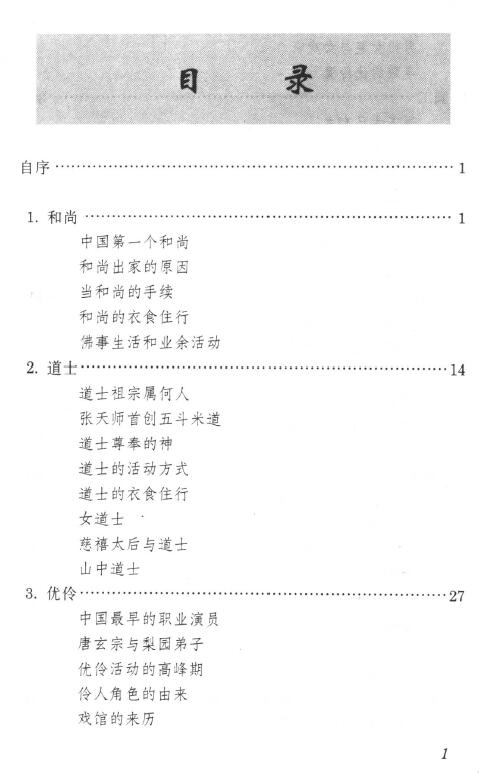
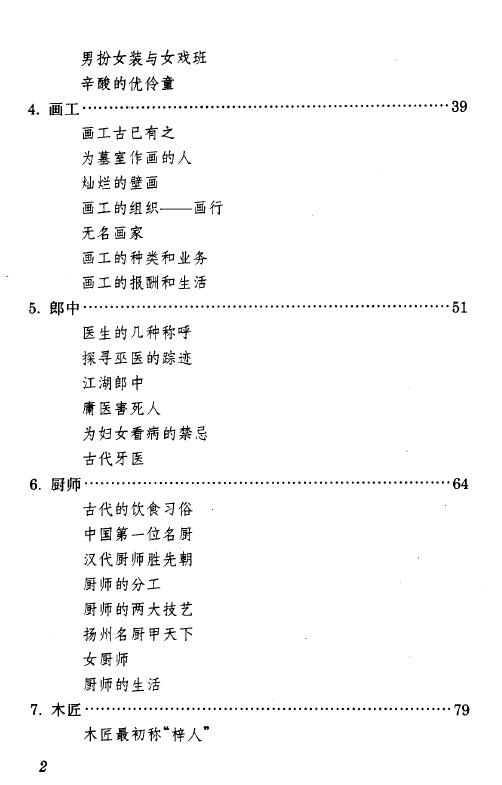
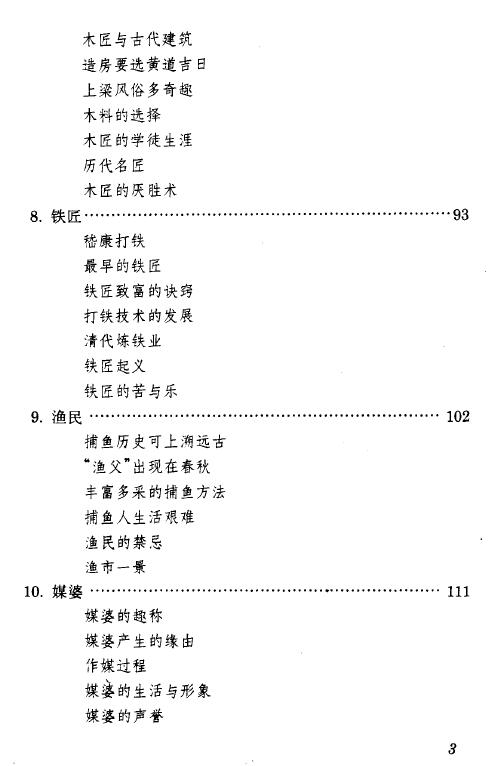
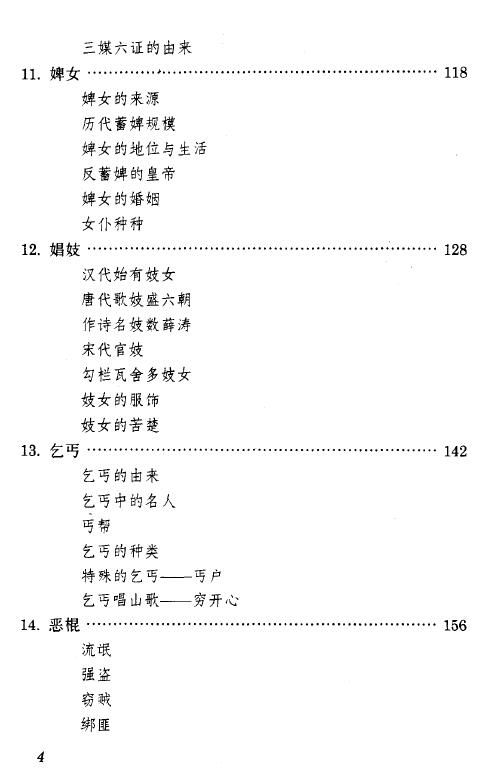

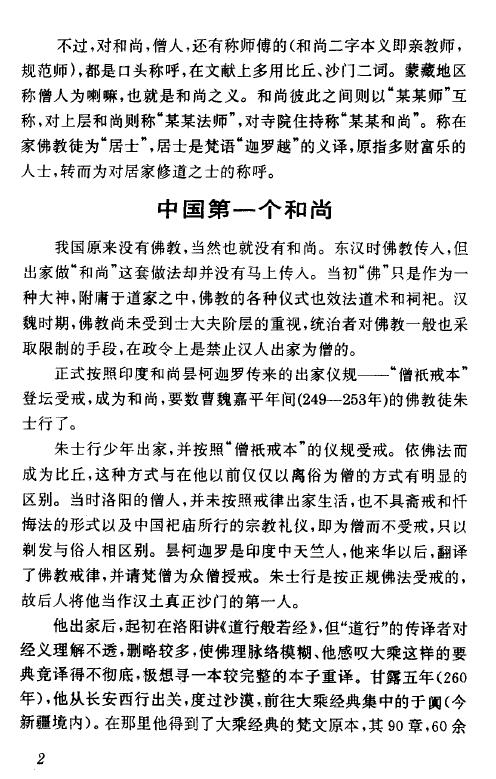
Provide the use of the download link address, you need to understand its basic operation! If the link fails, the customer service will send you an email within 12 hours! If you don\'t know how to operate, please contact customer service and send an email.
------------------------------------------------- -------------------------------------------- ------- ------------------------------------
Disclaimer:
All resources on this site belong to: Public Domain Mark 1.0
(1) All resources on this site come from the Internet or uploaded and shared by users, and this site does not own the copyright of such resources
(2) As a network service provider, Feng Shui Meaning does not have sufficient monitoring capabilities to monitor the occurrence of illegal copying and piracy. However, when the copyright owner raises an allegation of infringement and provides sufficient copyright evidence, Feng Shui Meaning is obliged to take down the pirated and illegally reproduced works and stop further dissemination
(3) Feng Shui Meaning shall not be liable for breach of contract or other legal responsibilities to the original publisher after taking appropriate measures such as taking it off the shelves to meet the conditions of the preceding paragraph, including the liability for damages to the original publisher. If the publisher is not guilty of infringement< p>If the above content violates your rights, please contact us by email: Service@fengshuimeaning.com, we will deal with it as soon as possible
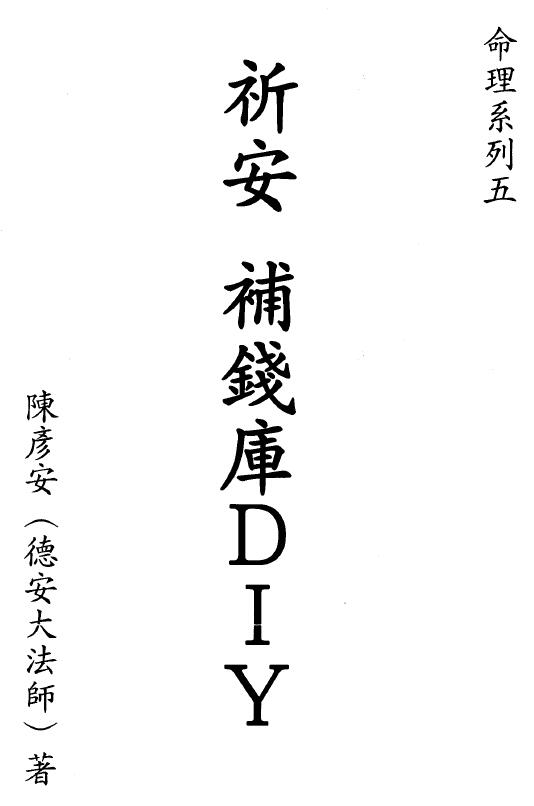
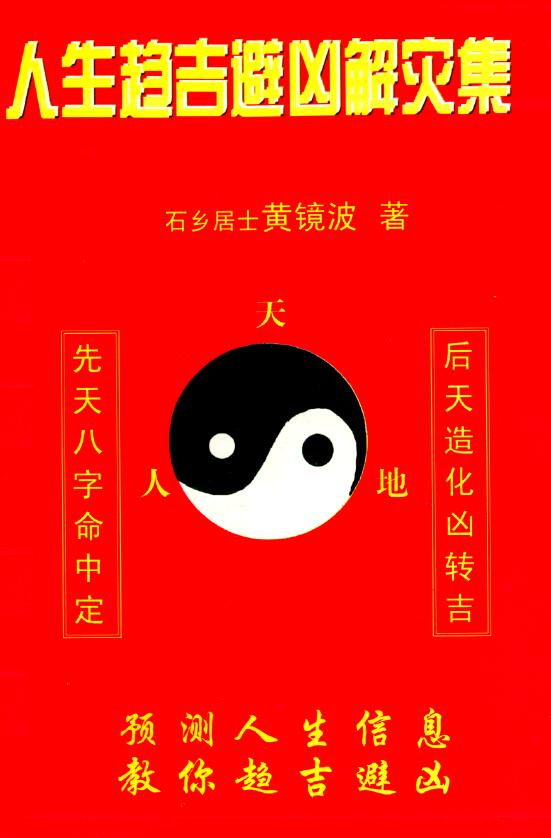
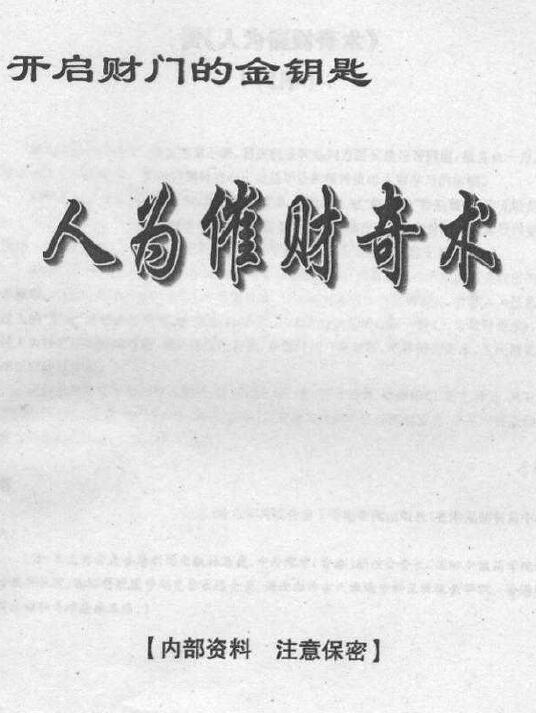
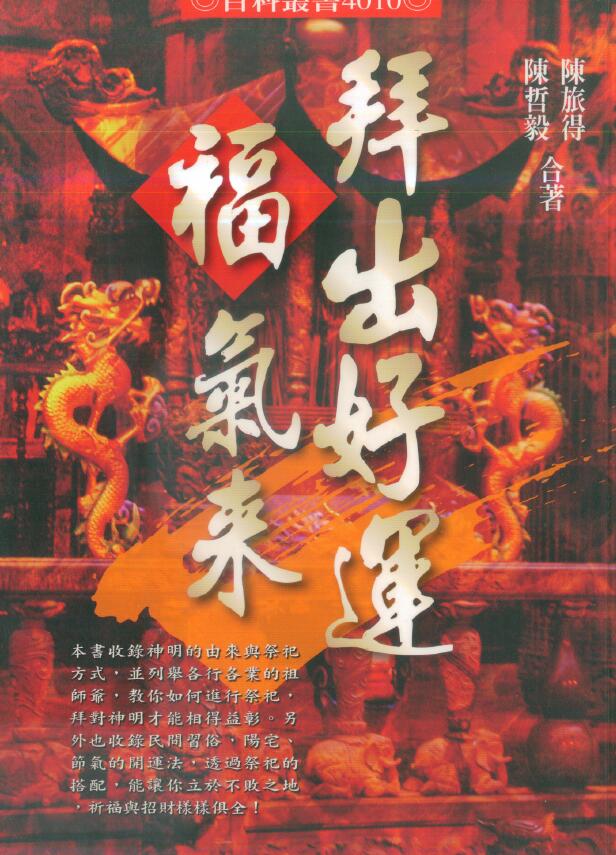
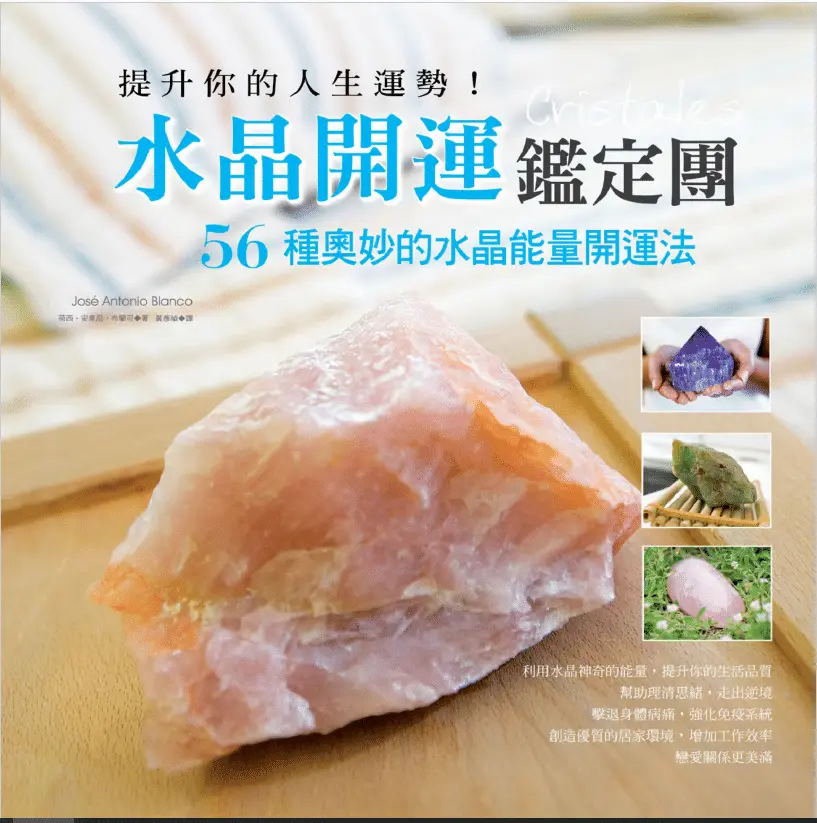
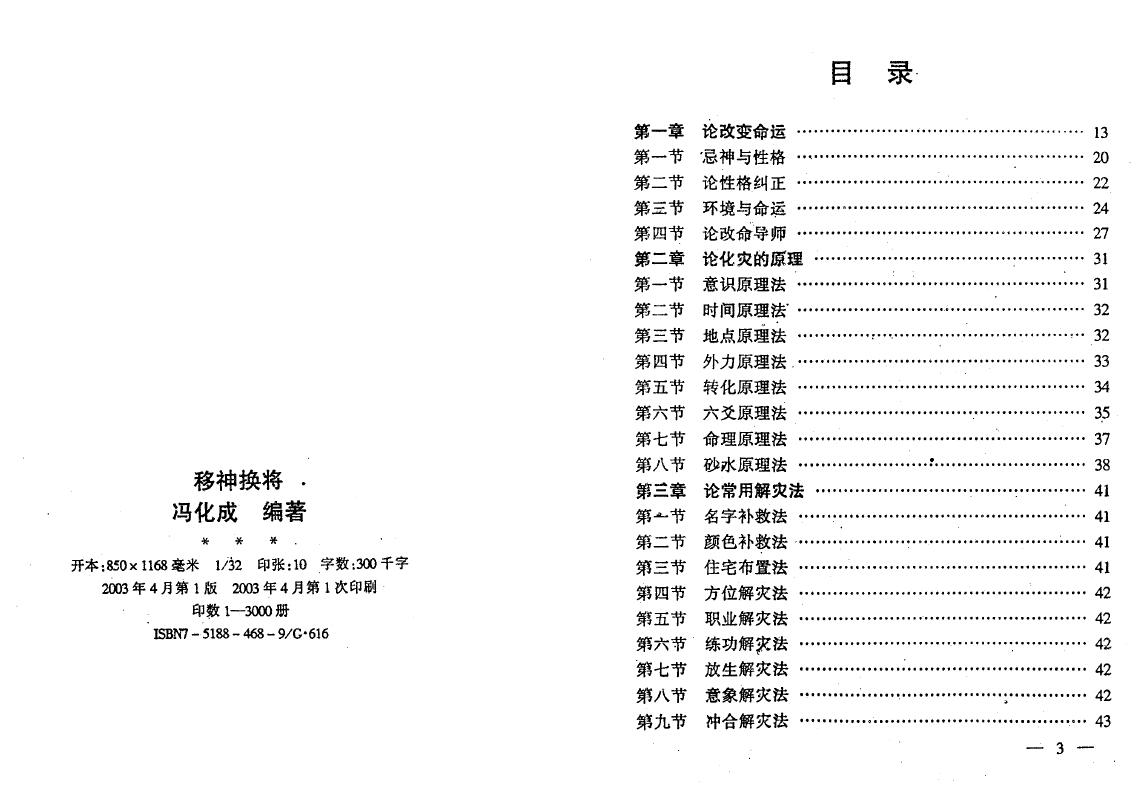
Comments0